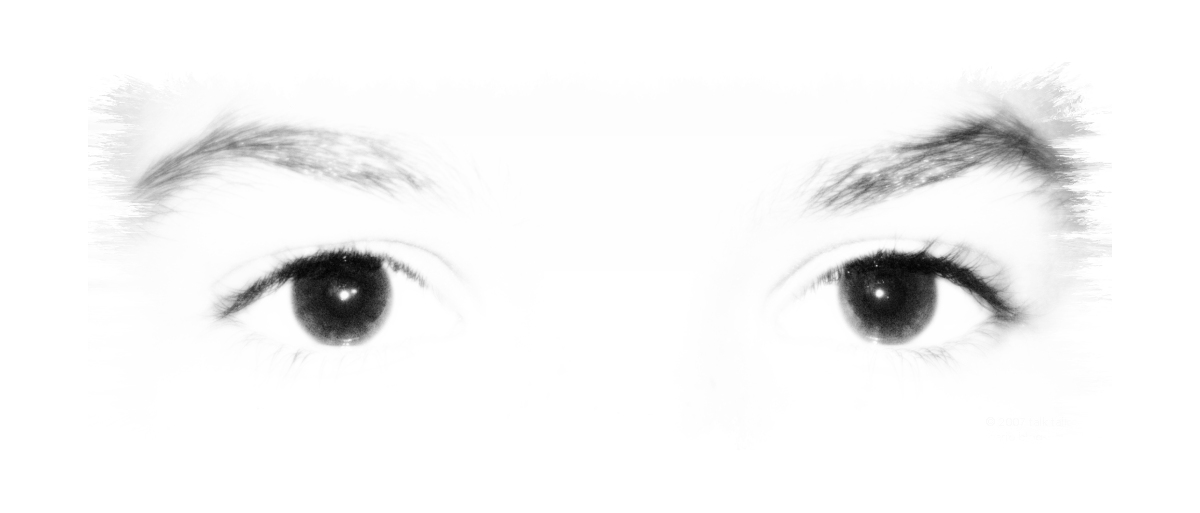
Vision change happens commonly after brain injury. It’s usually vision impairment. I had the rare good fortune of vision gain and attained binocular vision for the first time in my life.
Vision Impairments
- Blurry vision. People, objects, and scenery not quite in focus is always distracting and consumes energy in an effort to bring things in to focus. Ophthalmologists cannot help necessarily because blurry vision also results from a tired brain. Treatments such as audiovisual entrainment, brain biofeedback, low-intensity laser therapy, and/or tDCS will improve vision change from a tired brain.
- Double vision.
- Visual field loss, that is, seeing only everything to your right, or having a quarter of your field gone.
- Loss of muscle control of one eye leading to strabismus. Or both eyes. Surgery to correct this may or may not work.
Vision Gain
Brainline describes the different kinds of vision loss in detail. Since vision gain is uncommon, I never found any information on it. Having impaired vision most of your life means your identity is tied up in that kind of diminished vision. Regaining vision strains the brain with the sudden influx of visual information into the visual cortex, a part of the brain that’s not being used for visual processing as would be normal. Vision gain also changes the way you move and perceive the world, just like diminishing vision does.
not recognizing familiar faces leads to self-isolating to avoid embarrassment and judgement
Emerging research may reverse vision loss. Perhaps audiovisual entrainment using red and green lights can stimulate the microglial cells in the retina and optic nerve, and in the opposite direction from visual cortex to the eye, in order to restore vision in eyes that have damaged retinas. And maybe even stimulate activity in the optic nerve and the networks it’s part of.
Vision Change
Vision change of whatever kind is difficult to handle for anyone. With brain injury, the cognitive damage compounds comprehending and adjusting to the vision change. And because people have an unconscious bias against the intelligence of those with brain injury, complaints are not always listened to fully. The basic physical issue may be attended to inadequately (due to lack of research and effective treatments), but the social, psychological, and daily life aspects are ignored.
Vision changes, either loss or gain, inhibit people in life. People hesitate to go out and about, to explore beyond the well known and familiar. They can’t see clearly what’s going on so they avoid social interactions, as well. Double vision, blurred vision on top of hand weakness leads to dropping things, bad hand-eye coordination, and so on.
Face Blindness
Although it’s not part of vision per se, brain injury can also lead to face blindness. A person with brain injury may not recognize faces, even ones familiar from before the injury. I first learned of this from a man who’d suffered a stroke and could no longer recognize anyone.
“Face blindness is thought to be the result of abnormalities, damage, or impairment in the right fusiform gyrus, a fold in the brain that appears to coordinate the neural systems that control facial perception and memory.”
Face Blindness (Prosopagnosia, Facial Agnosia) Medicinenet.com
Social Change
Vision changes combined with face blindness can lead to loss of confidence in social situations, embarrassment, and depending on a trusted person to tell them discreetly who the people in the conversation are. Being able to share that you can’t see properly, can’t recognize someone who knows you well, and/or can’t remember who they are until given a few cues, is difficult in the current environment of lack of understanding of people with brain injury. Only the rare person who doesn’t care about social opprobrium will go up to someone, introduce themself, ask them their name, and cheerfully say, “Hi!” then repeat this at every encounter. This is why it’s so important that people understand these complex interactions of vision change, memory loss, and face blindness, that people go with the flow of what these losses demand on the both the person and their social network.